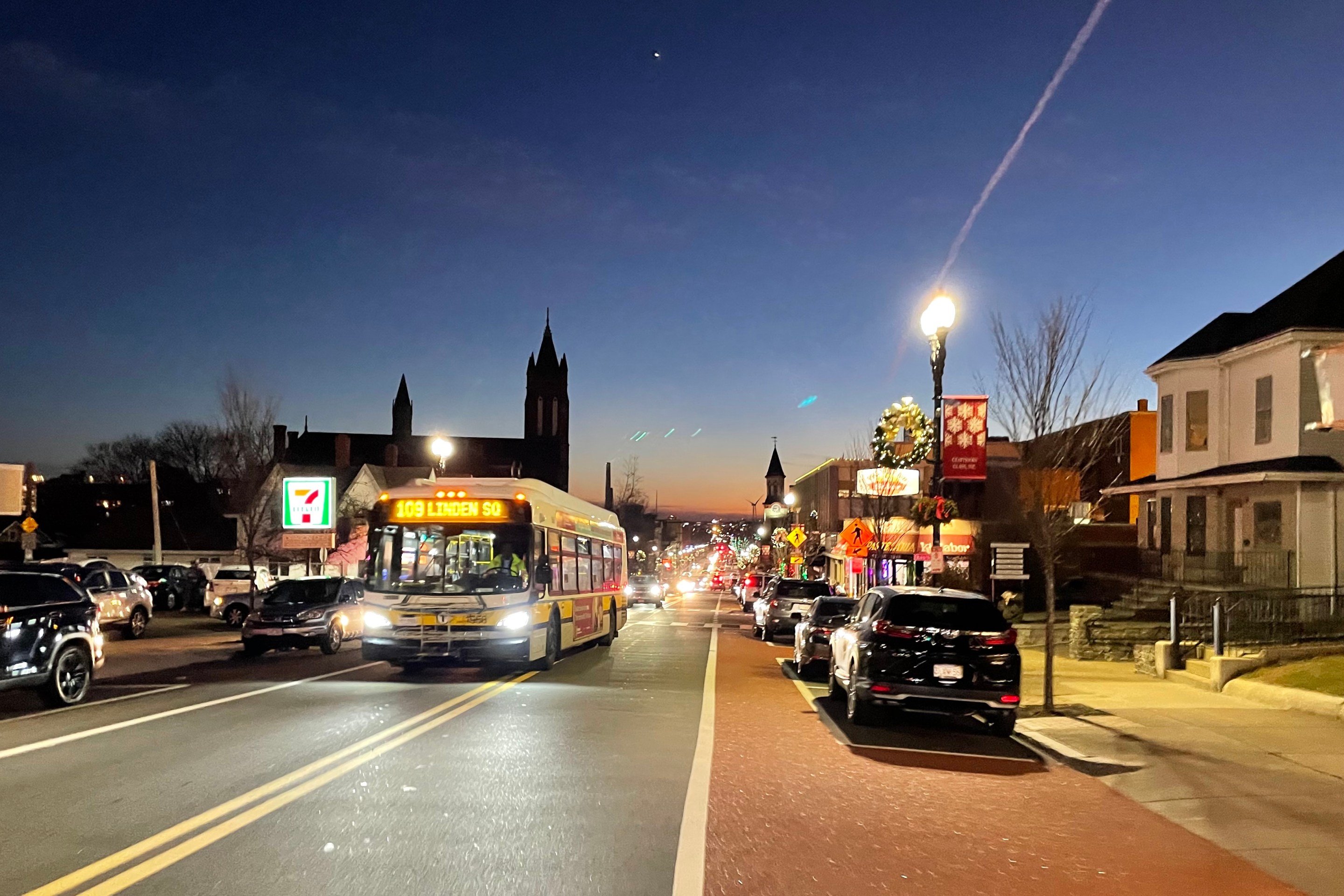There's a transportation angle in today's enactment of a new tax law that will reduce the Commonwealth's annual revenue by about $1 billion a year: in addition to bigger tax credits for parents and a reduction in tax rates on inherited wealth, the new law will also let Massachusetts taxpayers deduct more expenses related to transit fares and bicycle expenditures.
Until now, Massachusetts income tax law allowed two limited deductions for transportation expenditures. Taxpayers could deduct any amount they spent on highway tolls, or on MBTA weekly or monthly passes, as long as those expenses added up to at least $150 in any given year, with a maximum deduction of $750.
Brookline state Rep. Tommy Vitolo, who was one of the leading advocates for changes to the transit tax deductions, points out that the previous law left out a lot of transit riders.
"If you pay for single-ride tickets because you can’t scrape together the money for a monthly pass, you’re not getting the deduction. If you ride an regional transit authority (outside the MBTA service area), you’re never getting the deduction. If you rely on Bluebikes, you’re never getting a deduction," Rep. Vitolo told StreetsblogMASS on Wednesday.
The new law, which is effective retroactively to January 1, 2023, will let taxpayers deduct a much broader range of transportation expenses.
The deduction will now apply to any transit fare – not just weekly or monthly passes – and for any expenditures made "for regional transit authority fares, or for bikeshare memberships, or for bicycles, including electric bicycles, or for bicycle improvements, repair and storage, or for any fare for a commuter boat owned, operated or contracted by a municipality, public or quasi-public entity, agency or authority."
The deduction will still be capped at $750. With the state's flat 5 percent income tax rate, the most you'll save on your tax bill from this deduction in any given year is $37.50.
The Massachusetts Department of Revenue estimated that the expanded commuter tax deduction would reduce the collective tax burden on Massachusetts residents by about $12 million a year.
That represents about 1 percent of the total value of the tax cuts that Gov. Healey enacted on Wednesday.
And it's about one-sixteenth the size of the tax cut that the new law gives to people who inherit wealth from dead relatives. The newly-reduced estate tax will cost the Commonwealth over $200 million a year, and will overwhelmingly benefit white, high-income taxpayers.






